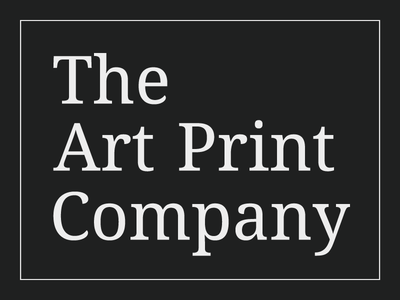House Outside and Inside by Paul Klee - Wall Art Photo Poster Print
ROLLED PHOTO POSTER PRINTContact us if you require a custom size.
Printed using only high quality inks on gallery grade 280 GSM premium lustre photo paper with a semi matte/gloss finish to ensure a sharp vibrant image. The prints are trimmed to the edge of the image. Please add a note when ordering if you would like to add a specified white border to assist with framing.
(frame not included)Orders dispatched the next working day. Estimated UK delivery 1-2 days, international 8-10 working days or less.
 
House Outside and Inside by Paul Klee
House Outside and Inside is a captivating watercolour painting by Paul Klee, created in 1914. It reflects Klee's distinctive approach to blending abstraction with a playful exploration of geometry and colour, embodying his deep interest in both architecture and interior spaces. The work presents a surreal depiction of a house, rendered in a flat, two-dimensional style, where the external structure and its interior coexist on a single plane. Klee uses this duality to challenge conventional perspectives, allowing the viewer to simultaneously experience the house from the outside and inside.
In the painting, Klee employs a subtle colour palette of earth tones—browns, reds, and yellows—contrasted with bold black lines that define the structure of the house. The house is divided into smaller compartments and sections, each containing geometric shapes that evoke windows, doors, rooms, and furnishings. Yet, these elements do not align in any realistic way; instead, they seem to float within the composition, creating a dreamlike atmosphere. The use of transparency and layering suggests the permeability between exterior and interior, a hallmark of Klee’s ability to transcend physical boundaries in his work.
Klee's composition is meticulously organized, though abstracted, with a sense of harmony and balance. The house's façade, windows, and furniture become symbols, reduced to their most basic forms. This abstraction invites viewers to interpret the space in multiple ways, reflecting Klee's belief that art should be free from strict representation. The result is a painting that feels both familiar and fantastical, offering a whimsical yet thought-provoking exploration of space, structure, and the tension between the visible and the hidden.




